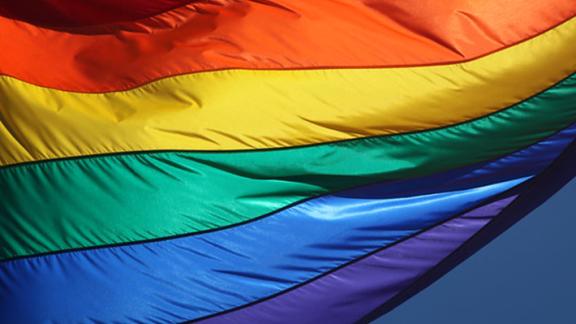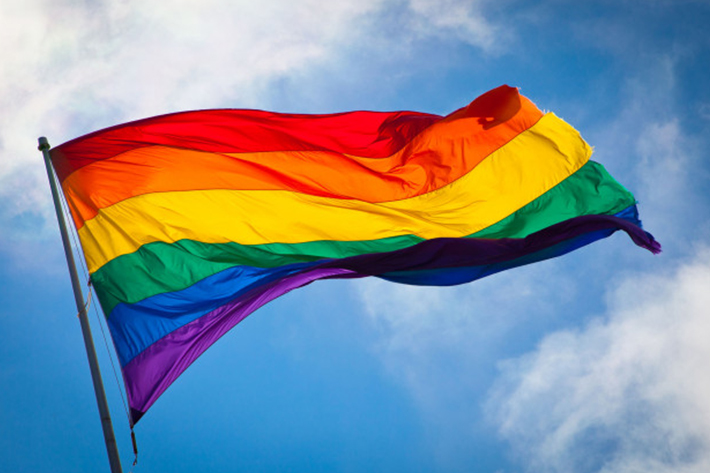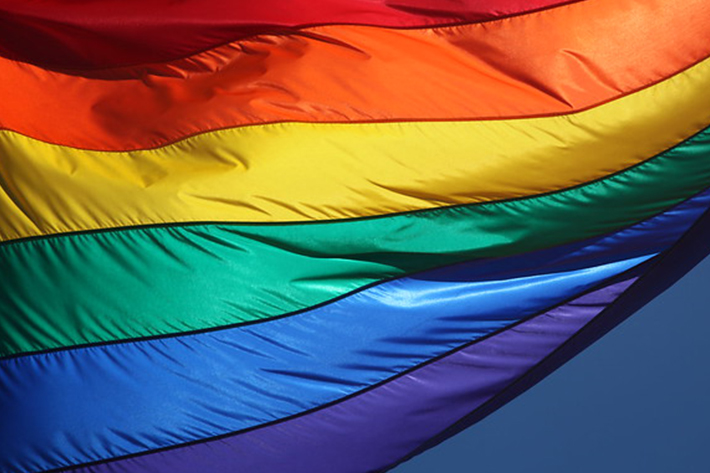The right to be who you want to be and love who you want to love is a human right – and no one should ever face prejudice or persecution for it. As such, since last year’s Pride Month, places around the world have taken huge strides towards LGBTI equality, and here we are celebrating just some of them:
India
After generations of oppression under a colonial-era law, India scrapped part of the Indian Penal Code in September 2018, which had previously outlawed consensual same-sex sexual relations. A historic win for communities that have been pushed into the shadows, India’s Chief Justice Dipak Mishra made it clear that “any discrimination on basis of sexual orientation amounts to a violation of fundamental rights.”
Austria
2019 kicked off with Austria’s first same-sex marriage taking place following years of campaigning, with Nicole Kopaunik and Daniela Paier being the first to tie the knot in their country. In 2017, the Austrian constitutional court had ruled that same-sex couples should have the right to marry from 1 January of this year, replacing the restrictive previous system of registered partnership, which granted fewer rights than marriage.
Taiwan
In May of this year, thousands of activists and supporters flooded the streets outside the parliament of Taiwan as it became the first place in Asia to legalize same-sex marriage. Its constitutional court also ruled in 2017 that same-sex couples had the legal right to marry, and gave the Tawainese parliament a two year deadline to change the law.
Ecuador
Just this month, the top court in Latin American nation of Ecuador approved same-sex marriage after two couples challenged the decision to deny their request to marry. Of the victory, Diane Rodriguez (president of the Ecuadorian Federation of LGBTI Organizations and the first trans woman elected to Ecuador’s National Assembly) had this to say: “After a fight of almost 20 years, gay marriage has been achieved. It gives us a guiding light for many other proposals on human rights.”
Botswana
Also this month, Botswana’s High Court overturned a ban on same-sex relationships, ruling the law used to criminalize such relationships as unconstitutional. It’s old law was more or less a copy of the law in many other former British colonies introduced during colonial rule. “All our work has been proven worth it through this decision,” said Monica Tabengwa, one of the first leaders of LeGaBiBo (Lesbians, Gays and Bisexuals of Botswana).
Bhutan
The lower house of the parliament of Bhutan voted to repeal two sections of the Bhutan Penal Code, taking a historic step towards decriminalizing homosexuality. While the law had never been used, the country’s Finance Minister Namgay Tshering, said that sections 213 and 214 had become "a stain" on the country's reputation.
The work continues
As ever, IPPF is in awe of the people and organizations who work tirelessly and sometimes even risk their safety to make all this change happen. As we have recently seen in Kenya, which upheld a law criminalizing gay sex, and the United States, which banned certain transgender people from serving in the military, the urgent need for this work very much continues.
We hope that the remarkable global progress elsewhere inspires and encourages other nations that still impose discriminatory practises on its citizens to reflect and finally do what’s right for everyone – regardless of their sexual orientation, gender identity and expression.
Image by torbakhopper
when
country
Botswana










